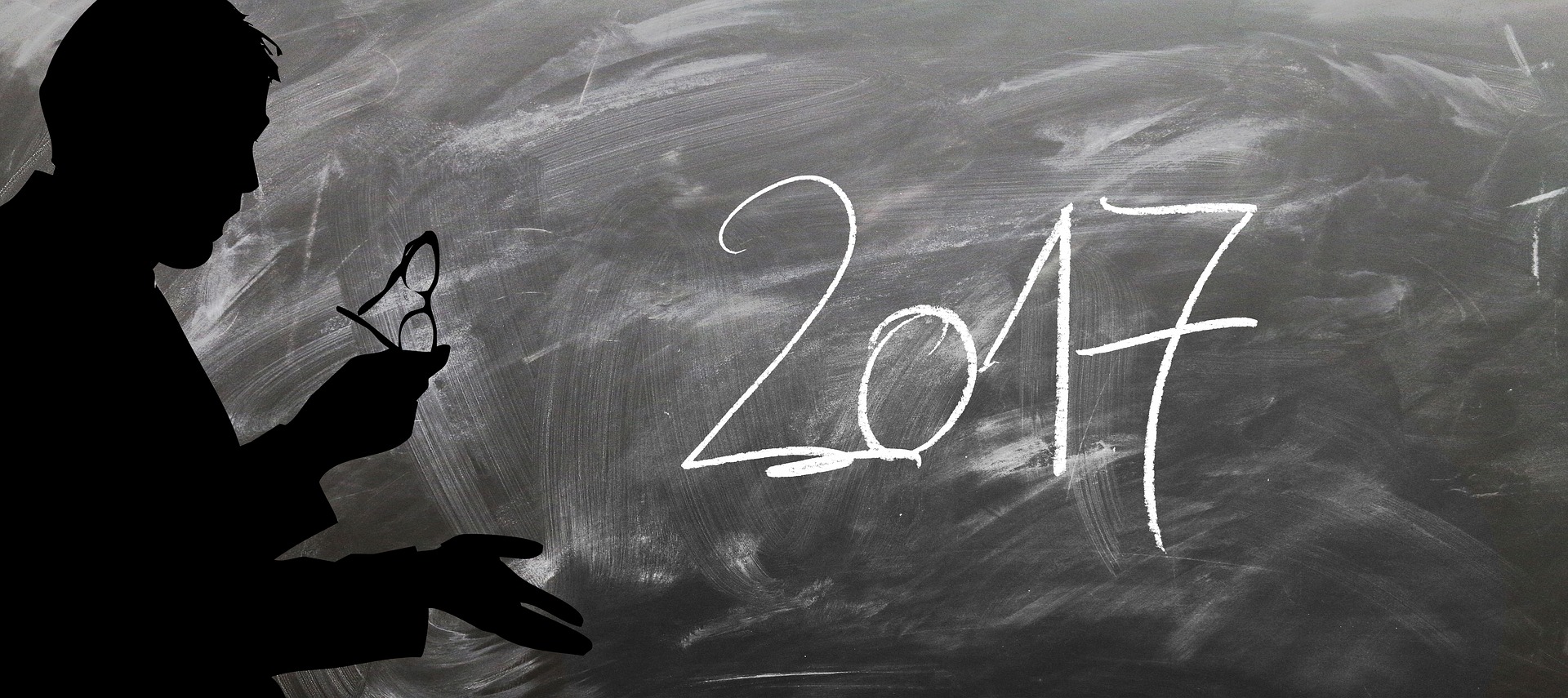Is The Day of The Expert Over?
Experts in all disciplines offer their views on the facts they find and evidence they collect. But in recent years their opinions are less trusted. Why?
Gathering the evidence
Evidenced based decision-making has been used as a way to settle matters for centuries. Everything from government budgets to company business plans to household accounts depends on the authenticity of facts to make them work.
But recent elections in the UK and US saw experts on both sides present contradictory information as objective truth. Boris Johnson continues the trend with his current reassertion that leaving the EU will save £350 million a week. Given that voters are influenced by more than dry facts, however, the widespread success of alternative-facts or lies is, perhaps, not too surprising.
Faced with conflicting evidence voters are left to choose between two versions of reality. Facts and alternative-facts are advanced with all the credibility each side can muster to make its case.
The presentation of alternative-facts lessens the respect afforded to experts as they focus on trying to win the argument rather than present the truth. Questions about the value of expert knowledge arise and whether or not their motivations are genuine are a source of debate.
The opinion of the expert traditionally outshone the view of the non-expert, as evidence was trusted as gospel when offered from a credible and reliable source.
Time to listen
But when voters clash with the views of experts it is time to listen and reflect. Without considering the opinions of others cracks appear and people feel they are being told what to do rather than being asked what they want to do.
Disagreement and challenge are cherished as an essential part of conversation when advocates clash and each side present their own perspective. But in today’s climate self-evident truths and facts are doubted and evidenced-based decisions dismissed.
Perhaps such rejection comes with good reason as expert studies often claim findings as real even though they are regularly disproved and discredited. When expert after expert and study after study contradict each other it is time to examine the process by which such claims are made.
Studies are, at times, published without robust evidence and papers published without sufficient critical rigour. Once in circulation alternative-facts remain unchallenged even though evidenced-based expertise is only as good as the evidence-gathering process.
Expert analysis based on facts has its limitations too, however, as it often uses past knowledge to predict future events, which may or may not hold true. But gathering evidence always trumps presenting lies even though the distinction is getting increasingly blurred.
So, the influence of the expert is diminishing in a world where facts and alternative-facts are treated equally as a way to make decisions.




